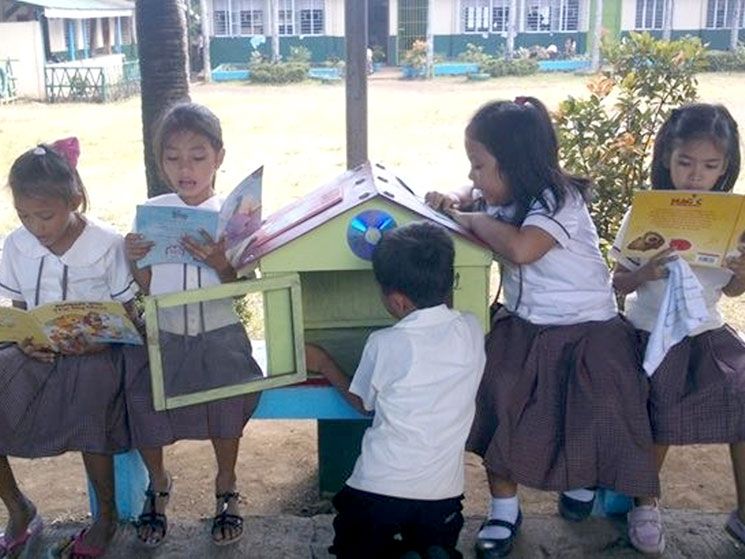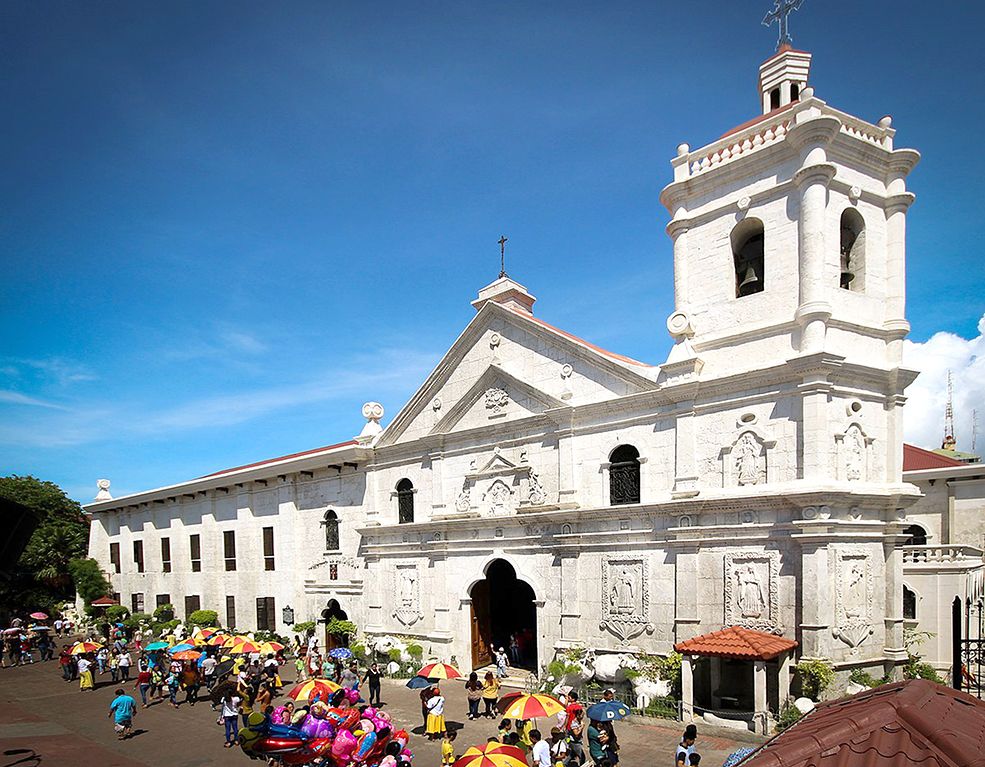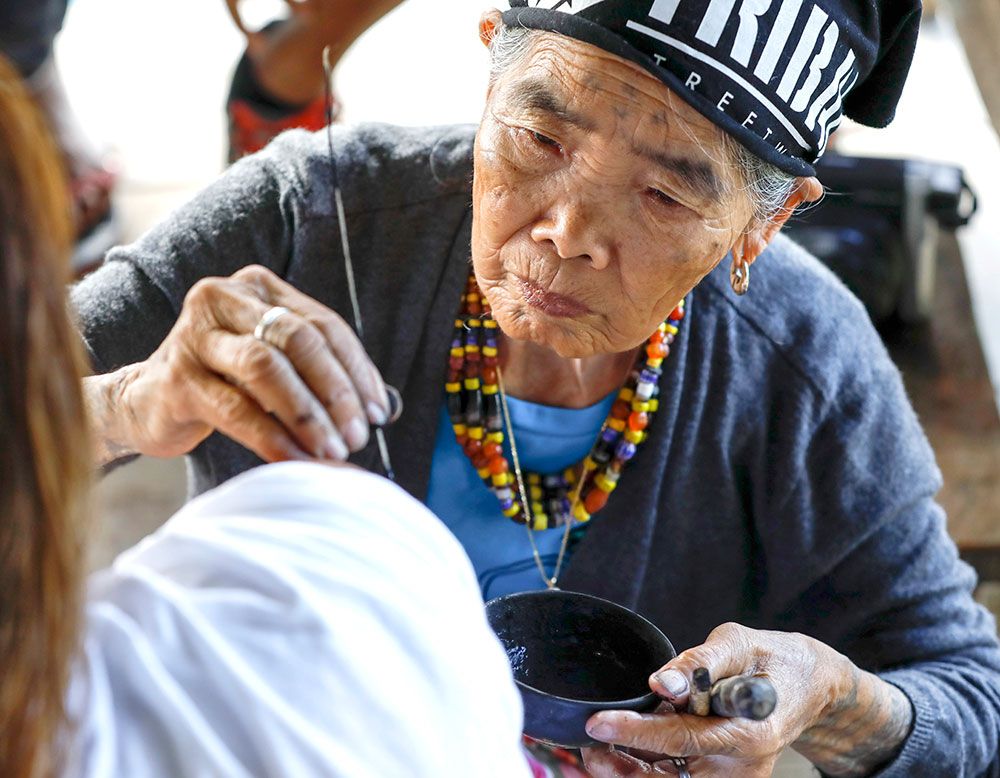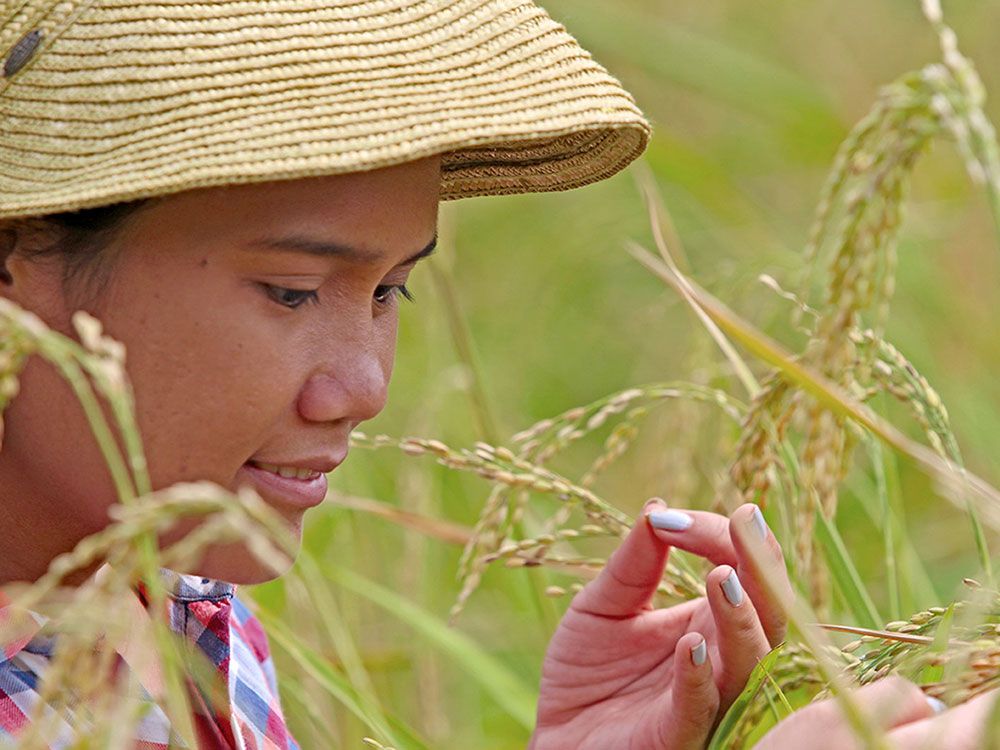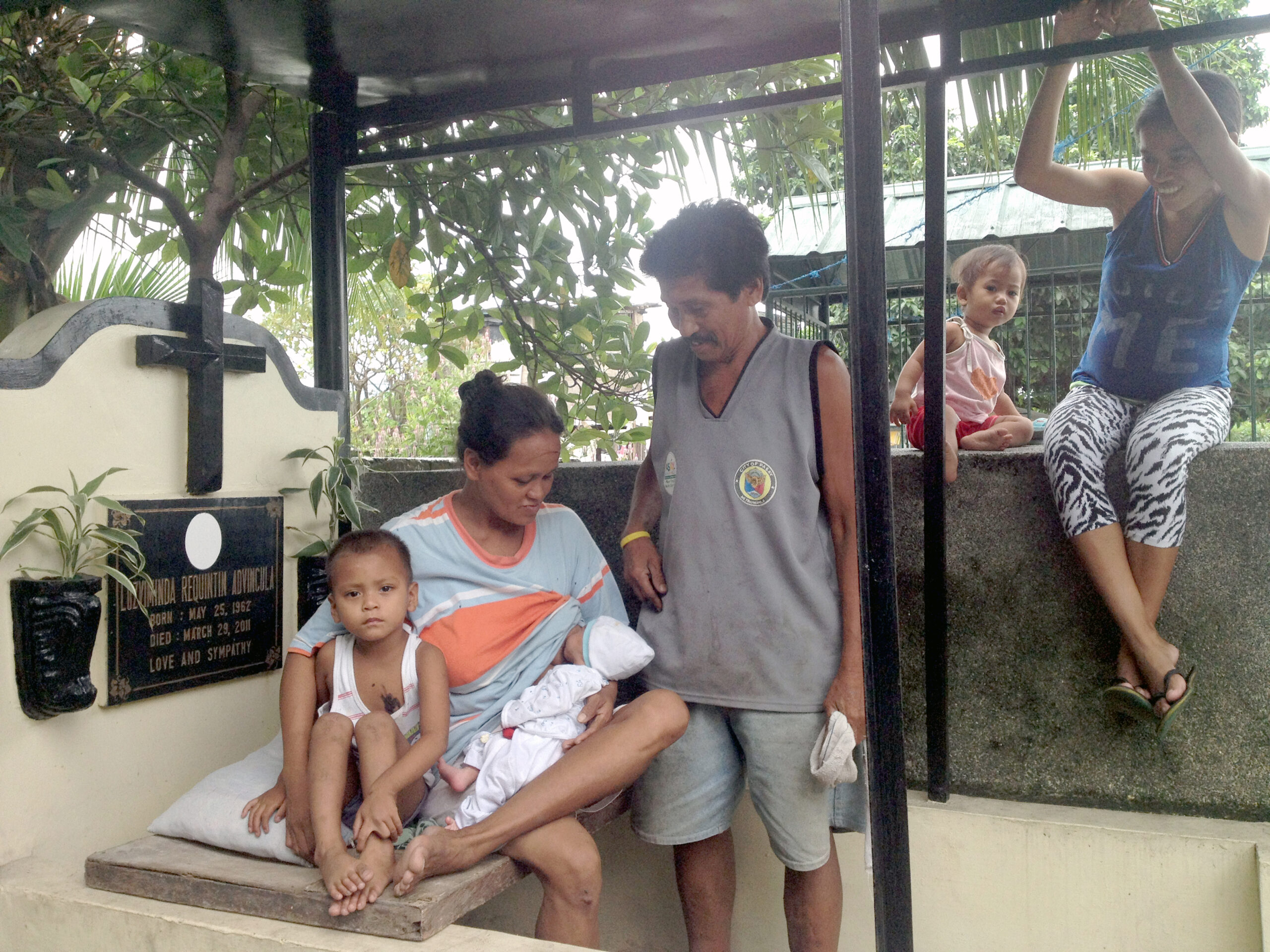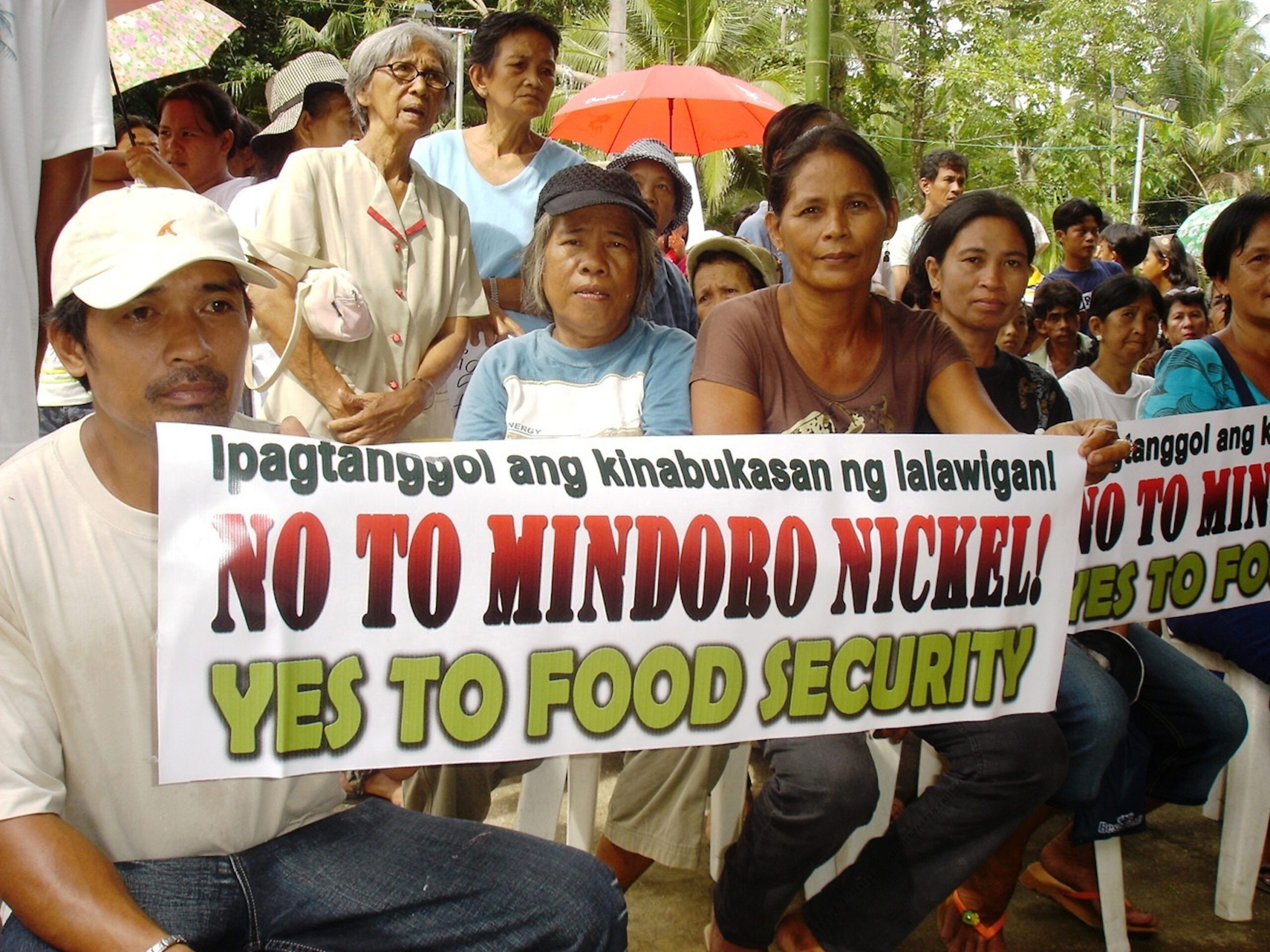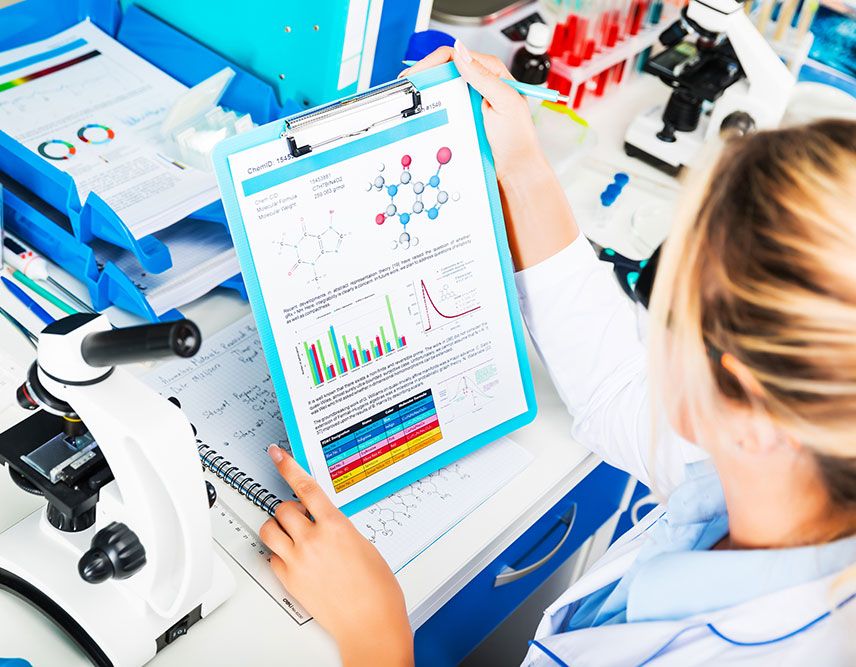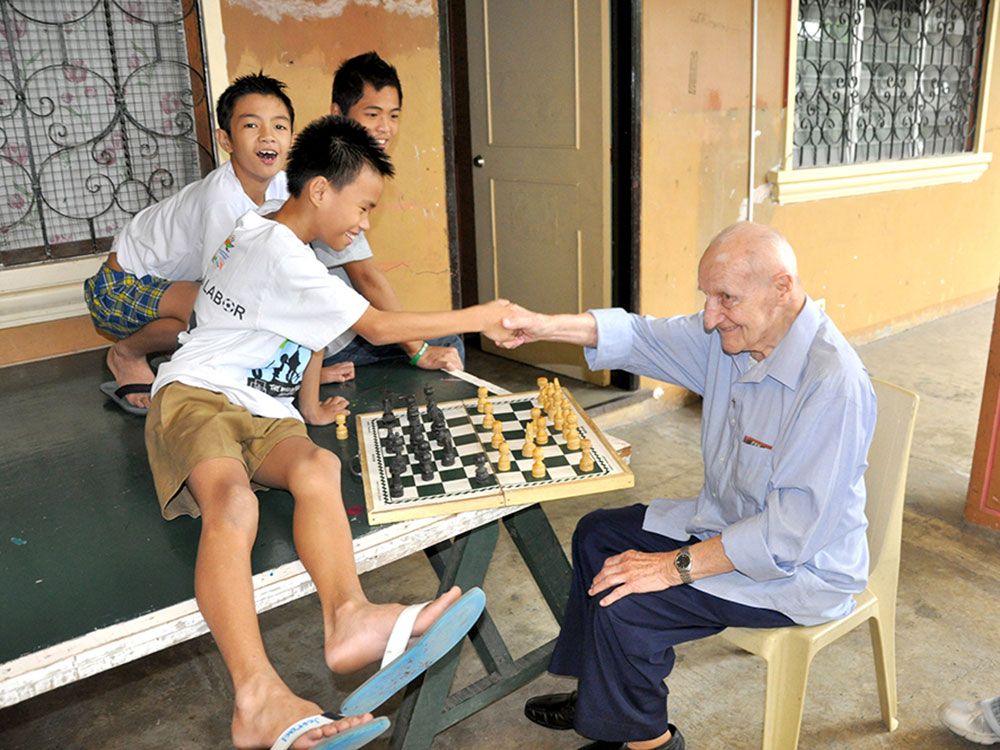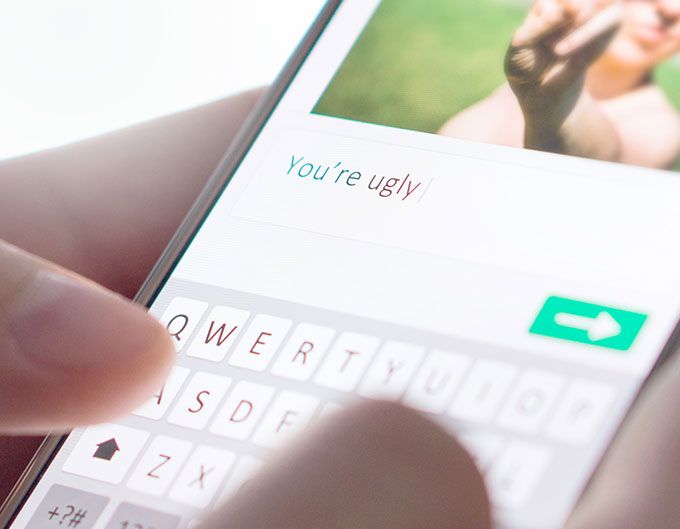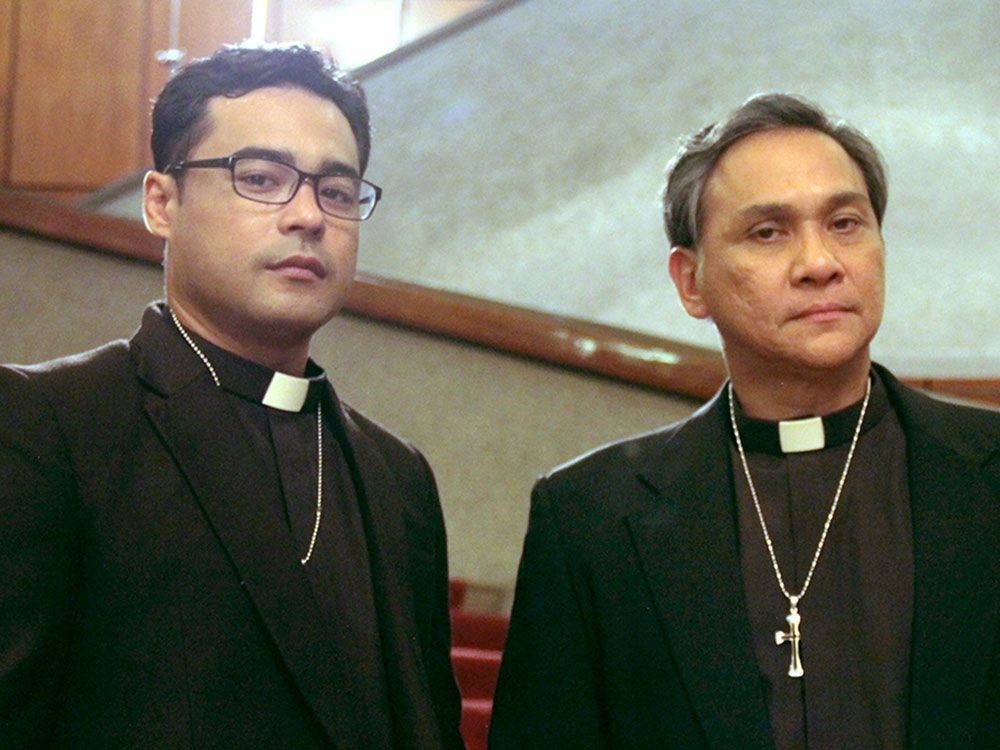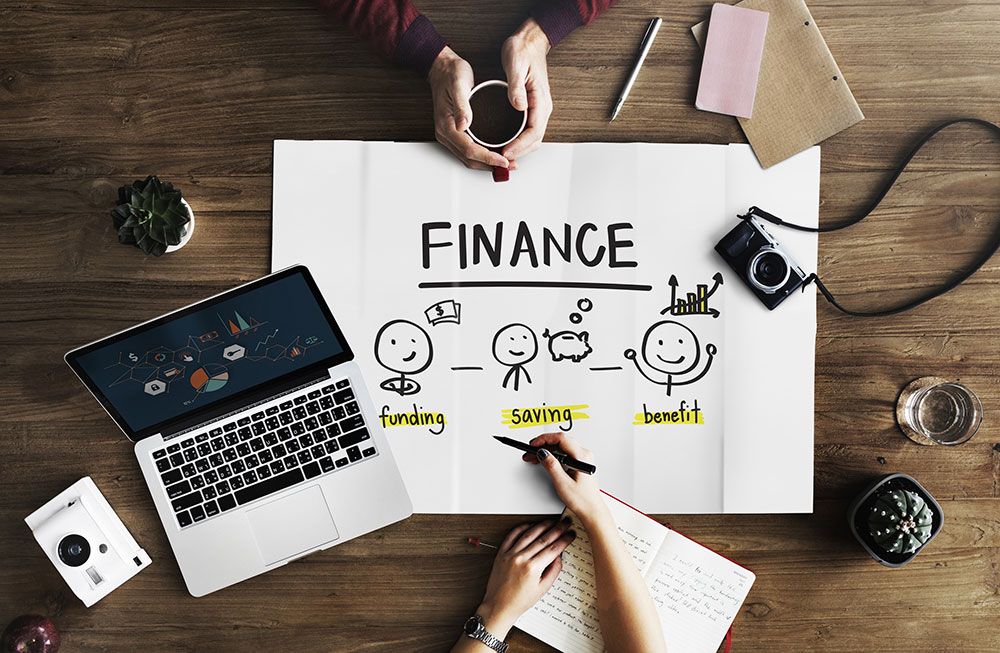Kindness is more than deeds,” wrote C. Neil Strait. “It is an attitude, an expression, a look, a touch. It is anything that lifts another person.” An unknown author explains kindness further through these words: “Kindness makes life and relationships more pleasant. Amidst difficulties and adversities, kindness is the cushion that smoothens the roughness of the journey. It is the oil that soothes pain. It is the water that helps souls grow luxuriantly into mature well-balanced individuals.”
Without kindness, life is often a struggle, a defense, a competition or a fight. There is no warmth and no love. Kindness is the antidote to the epidemic of hate. It is an indicator of inner strength, for it is the people who are afraid who need to look tough. There are stories that make you laugh. And there are stories that make you ponder. But there are stories that touch your heart, your inner self, and your whole being. That’s what I experienced when I got an e-mail from a Filipino couple who now lives in the United States.
The wife wrote me and shared the story of her husband, who was born to a poor family. “When he was in high school, he contracted a very serious disease,” she wrote. “The disease was in a serious stage that caused my husband to be paralyzed from waist down. His parents, being so poor, could not afford to send him to a doctor or hospital.”
It so happened that there was this young doctor from a nearby town who traveled by car to his clinic in the same town where the poor family lived. One morning, the father patiently waited for the doctor’s car to pass by their house as it was situated on the town’s main road.
The father stopped the car and the doctor came out and learned about the son’s illness. The doctor suggested that the boy be brought to the hospital immediately for treatment. When the father told him that they cannot afford hospital expenses, the doctor volunteered to stop by their house each day before he proceeded to his clinic.
Forty-five years later
Everyday, the doctor gave the boy injections and the medicines to take. “The doctor did this everyday for several months until my husband was cured,” the wife wrote in her e-mail. “He did not charge a single centavo for the medications, injections and all of his services.”
Forty-five years later, the husband kept telling his wife how much he was indebted to this doctor who saved his life. “After recovering from his illness, my husband finished high school, went to an engineering school, and graduated as a mechanical engineer,” she recalls. “We met and got married and in 1974, we immigrated to the United States.”
For 30 years, the couple has not gone back to the Philippines (although they are planning of going home soon). Her story continues: “Then one day, he wondered if this doctor is still alive and still practicing medicine. He would like very much to know if he could find a way to contact him so he could send his gratitude for saving his life.
“He searched the internet hoping to get answers to his questions. Thanks to the advanced technology, he found out that this doctor is still alive and still practicing at the age of 79.”
It was Christmas season and he thought this was a good time to send the doctor a short thank you letter for saving his life. In his letter, he enclosed a US$100.00 check as a small gift. He wrote the doctor that although he may not need the money but, just the same, it would make the sender happy if he accepted it as a token of his appreciation. He also invited him to come and visit them in Kansas City whenever he is traveling the United States.
A framed check
Since then, they have been communicating with each other. Below are some excerpts of the doctor’s replies to the man’s letters:
On May 4, 2009, the doctor wrote: “It is truly heartwarming to be remembered by nice people like you who remember the little favors you have received. You belong to a very rare breed and there are not many like you in our age, especially in this day and age where crass materialism and self-interest overrides humanity.”
In July of the same year, the doctor sent this note: “It is very heartwarming to receive a letter with enclosed check from you. It is not the check that matters but the beautiful thought that goes with it. In the 55 years of my life as a doctor, I have not had a patient as sincerely grateful as you although I took care of you about 45 years ago. I am indeed very appreciative for your remembering me as a humble MD who was able to minister to you when you were very ill. Your parents were very nice and simple people.”
On the 13th of November in 2009, the doctor shared this joy: “What I can say is that I’m blessed to have a generous friend like you. The check you sent me is my biggest Christmas gift but what makes me happier is that you still remember me despite the years and distance.”
The wife in her e-mail noted: “The doctor also mentioned that my husband’s first letter and the first check he received were proudly shared with his staff at his clinic and that he framed the letter and the check. He and his staff were very touched.”
In another letter, the doctor wrote: “Someday, if health permits, I will try to travel to Missouri and would like to visit President Truman’s residence and library.”
Gratitude, as it seems, is rare. But then why should we be kind to others? Marc Estrin has this answer: “Kindness trumps greed: it asks for sharing. Kindness trumps fear: it calls forth gratefulness and love. Kindness trumps even stupidity, for with sharing and love, one learns.” Action speaks louder than words.
(Excerpts from A Matter of Kindness)


